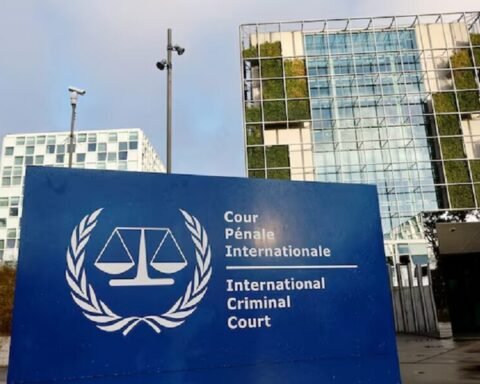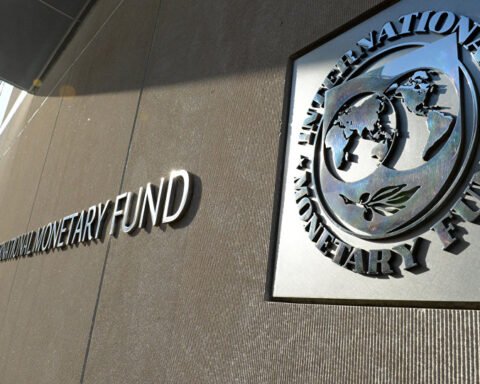Hungary’s parliament has approved legislation to begin the process of withdrawing from the International Criminal Court (ICC), signaling a major shift in the country’s approach to international justice.
The bill, passed on Tuesday, officially starts a one-year countdown before Hungary’s withdrawal from the ICC becomes effective, in accordance with the court’s governing treaty, the Rome Statute. Prime Minister Viktor Orbán and his government have increasingly criticized the court, accusing it of bias and politicization.
Deputy Prime Minister Zsolt Semjén, who introduced the bill, stated Hungary’s firm opposition to what it sees as international organizations, especially criminal tribunals, being used as tools for political agendas. This perspective has been a hallmark of Orbán’s broader foreign policy which often emphasizes national sovereignty and skepticism toward supranational institutions.
The ICC, headquartered in The Hague, Netherlands, is tasked with prosecuting serious offenses such as war crimes, genocide, and crimes against humanity. Hungary was a founding member, having ratified the Rome Statute in 2000, pledging cooperation with the court’s investigations and prosecutions.
Tensions escalated after the ICC issued an arrest warrant against Israeli Prime Minister Benjamin Netanyahu over allegations of war crimes linked to military actions in Gaza. Orbán strongly condemned the warrant as politically motivated and announced that Hungary would not cooperate with its enforcement, reflecting his government’s close ties with Israel and its criticism of the ICC’s recent activities.
Also Read; Police Warn Public On Hacked Account
The decision to withdraw has met with concern from European Union officials and international human rights organizations. Critics warn that Hungary’s exit could weaken international mechanisms for accountability, undermine the fight against impunity, and set a worrying precedent for other countries considering similar moves.
Hungary now joins countries such as the Philippines and Burundi, which have previously withdrawn from the ICC, as well as powerful nations like the United States, Russia, China, and Israel that have never become members.
Under the terms of the Rome Statute, Hungary must notify the United Nations Secretary-General about its intention to leave. The withdrawal will become effective one year after this notification. Until then, Hungary remains obligated to comply with the ICC’s processes.
This move underscores Hungary’s increasingly independent and assertive role on the global stage, often at odds with some of its European allies and international organizations.







